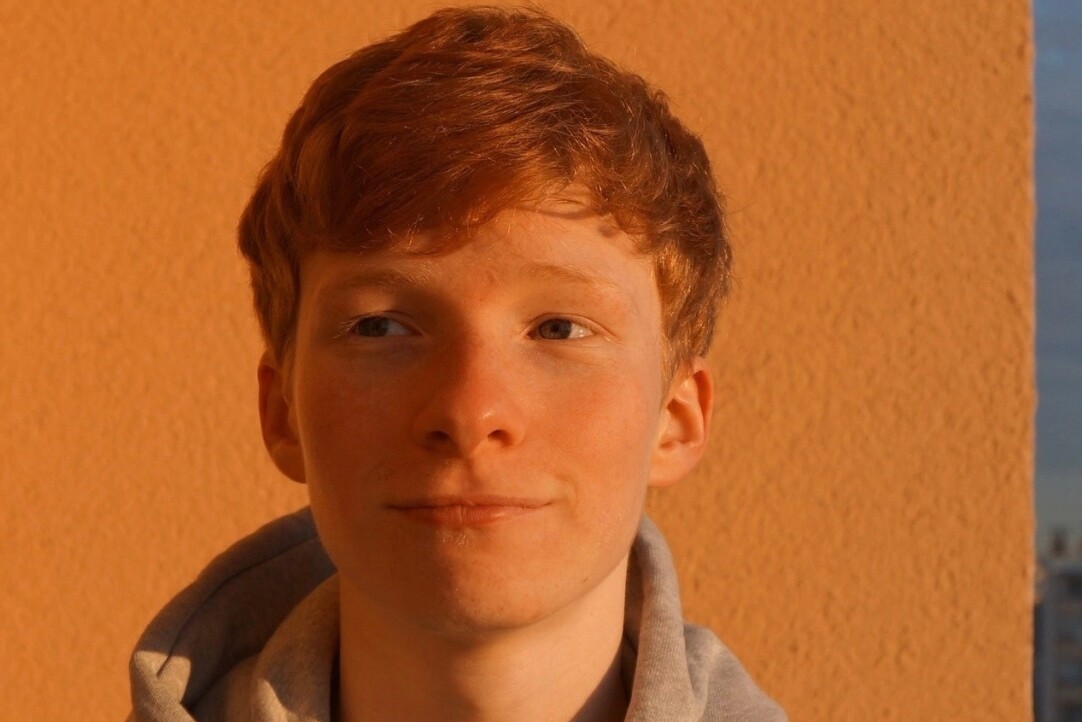From a Minor in Data Science to Developing a ‘Robot Political Scientist’
Pavel Ivanov is a 2023 graduate of the Bachelor's programme 'Political Science and World Politics'. Recently, he was named a winner of the political science research paper competition named after Max Weber and also participated in creating 'the first robot political scientist'. In his interview, Pavel shares his thoughts on his studies on the programme, his interest in data analytics, and the role of artificial intelligence in political expertise.

— Why did you decide to apply for the Bachelor's programme 'Political Science and World Politics'?
— My admissions process was rather atypical. Usually, school students decide where they want to apply and then choose the exams. But I chose exams according to the subjects I liked at school. So I opted for history, social science and English. On the day I received my exam results, I found out about the programme 'Political Science and World Politics'. It also helped that I had been generally interested in the political sphere. Besides, the programme is taught fully in English. I saw it as a challenge for myself through which I could boost my skills. Of course, the reputation of the university also played a role: in particular, I knew that olympiad winners applied here.
— What are your general impressions of your studies?
— My impressions are great. First of all, I am happy that I have graduated from an English-taught programme and significantly improved my proficiency in the language. Secondly, I like that the programme focuses on methodology. Usually, Political Science has a reputation for being a theoretical science, but at HSE University-St Petersburg, there is an amazing balance between theory and practice. We were taught plenty of methods for data analysis, both qualitative and quantitative. It expands students' horizons of knowledge as well as their prospects.
— How did you become interested in data analytics?
— The main sources of my interest were the wonderful courses I took as part of my minor in Data Science. To be honest, a minor is a very cool thing, one which you rarely find at Russian universities. As a rule, it is hard for applicants to decide who they want to be and what to do in four years. It is great that you can adjust the trajectory of your studies and have a look at other fields. Besides, the courses on data analytics were taught well in the programme itself.
— You recently defended your thesis successfully. Tell us about your research.
— My paper was devoted to the factors influencing the success of petitions on the 'Russian Public Initiative' portal. At the beginning of the academic year, my thesis supervisor, Yury Kabanov, introduced me to an article which analysed the linguistic peculiarities of online petitions and their influence on the number of votes for these petitions. I found this topic interesting. I decided to see how this worked in the case of Russia. Besides, in the framework of my thesis, I could try lots of different methods for data analytics: thematic modelling, sentiment analytics and regression analysis. As for research results, I managed to get some interesting ones. For instance, petitions which are more expressive and precise in their contents get more votes. Besides, the theme of a petition also influences its success.
— You recently participated in the development of the 'First Robot Political Scientist' project at the Centre for Current Politics (CCP). How did this idea start and what is this project about?
At the beginning of this year, Mikhail Kariagin (a leading expert at the CCP) and I were inspired by the results of ChatGPT and the way neural networks were developing. We began to think about a way to implement them in the political sphere. Of course, as an experiment, political scientists have already started using ChatGPT, for example, for preparing some specialised texts. However, it does not always work in the sphere of political expertise. The main problem is that the data which was used to teach ChatGPT is not always relevant to covering political events. We started thinking about how to fill this gap. Creating a separate neural network is a very resource-intensive and painstaking process. But we have found software which allows you to use existing language models with your own textual data. This is how we created 'The First Robot-Political Scientist'. It uses the chat to generate text, but the answer is created using a database formed by us: in this case, these were journals in political science and the body of texts by political experts.
— Who do you think will use this tool?
— We considered it to be a type of political technology which may be in demand among experts and practitioners. It is a tool that helps to navigate political literature and a way to save time on routine tasks. But the 'robot political scientist' may also become a source of insider knowledge for experts.
— What are the prospects for using artificial intelligence in the political sphere, in your opinion?
— I think that AI will enter the political world the same way it does any other sphere. It is a very versatile tool which completes tasks faster and often more rationally. But everything comes down to the way it will be controlled in such sensitive spheres as politics. There are active debates about it at the moment, and we are at a crossroads. But the connection between politics and AI is very relevant.
— What is your advice for applicants of the bachelor's programme?
— First of all, never stop learning. Sometimes you get tired of your studies. But you have to pay attention to every course, as you never know what may come in handy. In addition, you should try to participate in various activities. When you start a master's degree, you realise how important various extracurricular events and projects were.

